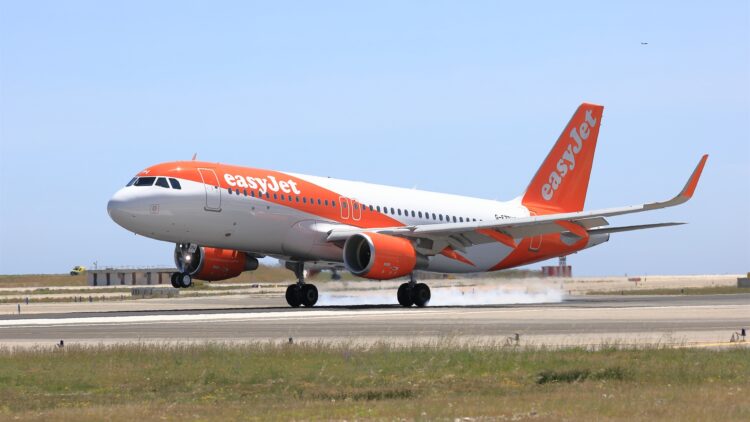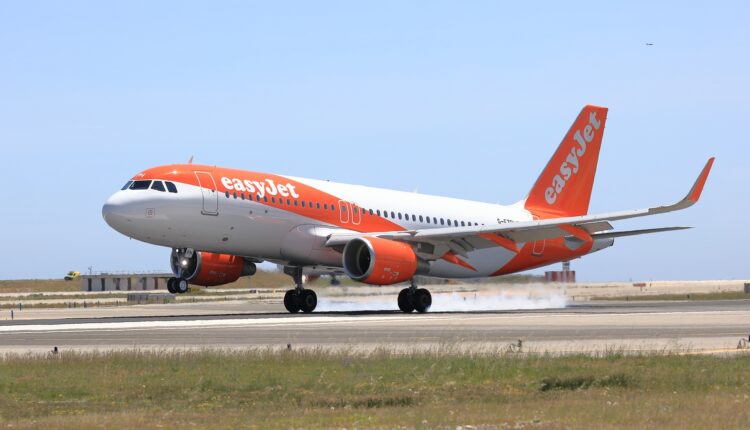A partnership between easyJet and Wright Electric to develop a commercial electric airliner has achieved a new milestone and electric planes could take off from Liverpool by 2030. Tony McDonough reports

Low cost airline easyJet could operating electric-powered zero emissions aircraft out of Liverpool John Lennon Airport by the end of this decade.
In 2017, the carrier entered into a partnership with US-based Wright Electric to develop a commercial airliner that would run off electric batteries rather than aviation fuel. It would be idea for use on easyJet’s short-haul European network.
By 2030 electric easyJet aircraft, or electric/hydrogen hybrids, could be taking off from Liverpool to destinations across the continent without using a drop of aviation fuel and therefore offering zero emissions.
This week, Wright Electric has announced that it has reached another key milestone along the way in the development and certification of its zero-emissions single-aisle aircraft. It has successfully produced and started testing a 2MW electric powertrain motor.
This is the most powerful electric propulsion motor of its kind in development and a key component for a zero emission aircraft system. Wright aims use 10 2MW motors on its Wright 1 aircraft – that’s a total of 20 MW. It is as powerful as an A320 Airbus aircraft that easyJet operates today.
READ MORE: Bibby looks to ‘revolutionise’ global shipping emissions
Wright plans for ground testing in 2021 and 2022, and flight testing as early as 2023. To achieve this, the company has also announced that it will be opening the dedicated Wright Laboratory and specialised motor test site.
The site will be US-based and is set to be operational later this year. It will include specialised equipment necessary for testing high-power and high-voltage motors and inverters. Wright has also been funded by NASA, the US Department of Energy, the US Army, and the US Air Force in its development efforts.
Chief executive Jeff Engler said: “We have real momentum in our programme from announcing the start of our megawatt scale electric motor programme for a single-aisle commercial airliner in January 2020, the testing of our next-generation inverter technology in May 2021 to now begin testing of our 2 MW electric powertrain.”
READ MORE: How green are Steve Rotheram’s hydrogen buses?
EasyJet has been working with Wright Electric in its mission to support the development of a zero-emission aircraft. This is part of a shared ambition to decarbonise aviation. It was the world’s first major airline to offset 100% of the carbon emissions from the fuel used for all of its flights.
David Morgan, director of flight operations for easyJet, said: “We are delighted to see the promising and significant progress of Wright Electric’s programme, in what will be ground-breaking technology.
“EasyJet remains committed to more sustainable flying and we know zero-emission technology is where the solution lies for the industry. It remains fully committed to supporting the development of these new technologies and to be an early adopter when they come to market.”
The company also says that hydrogen will play a big part in future zero emission technology. Hydrogen has the ability to be combusted directly or converted to electricity via a fuel cell.

